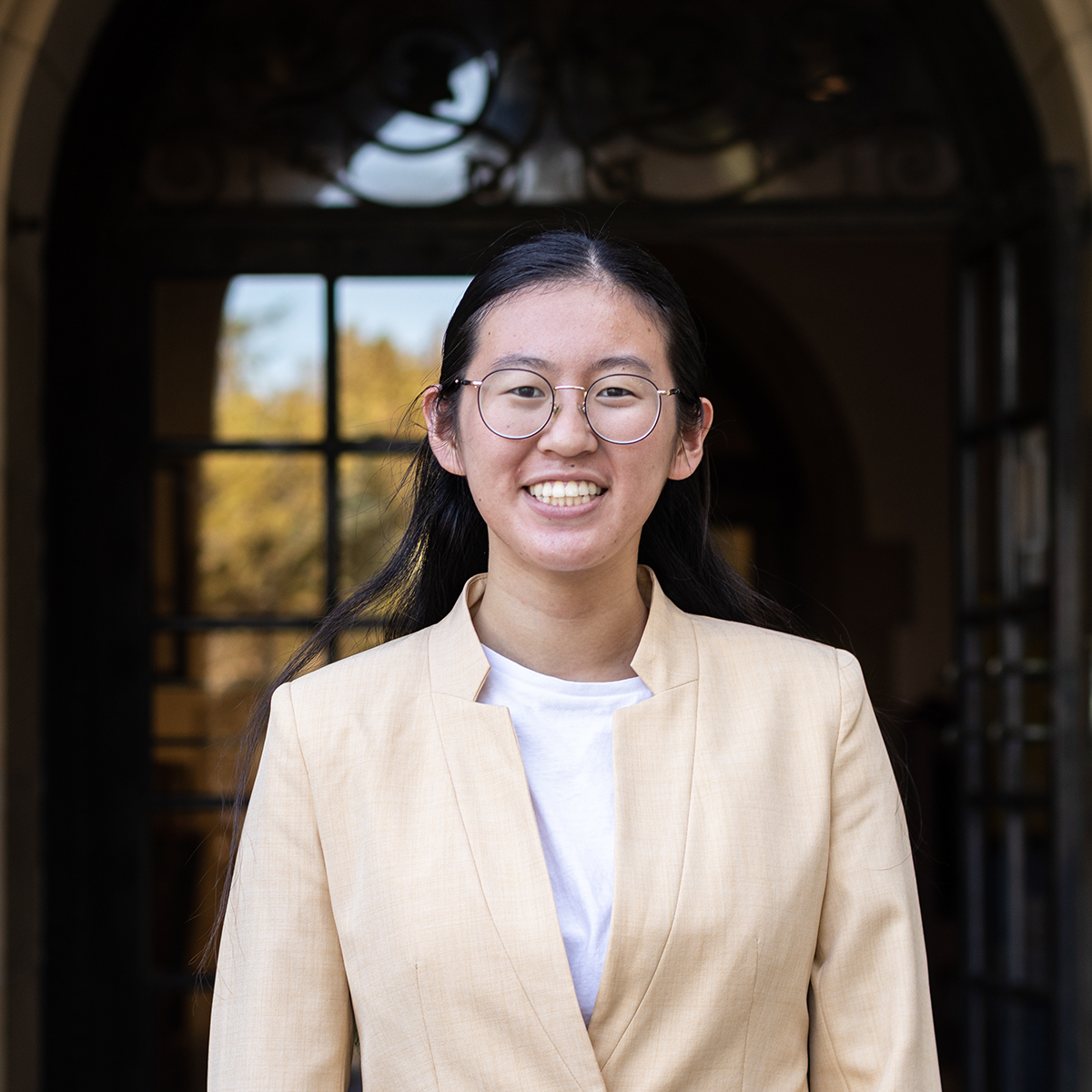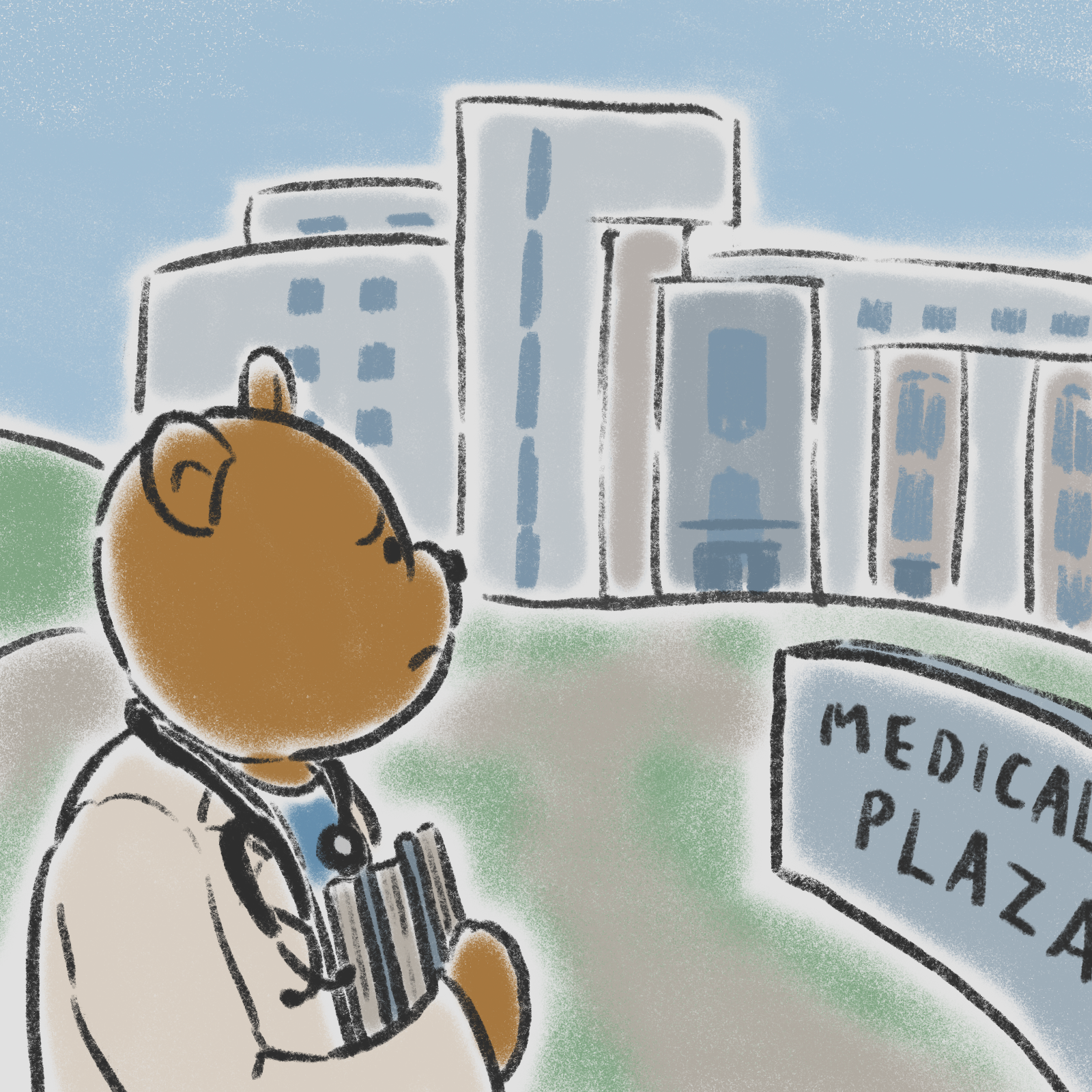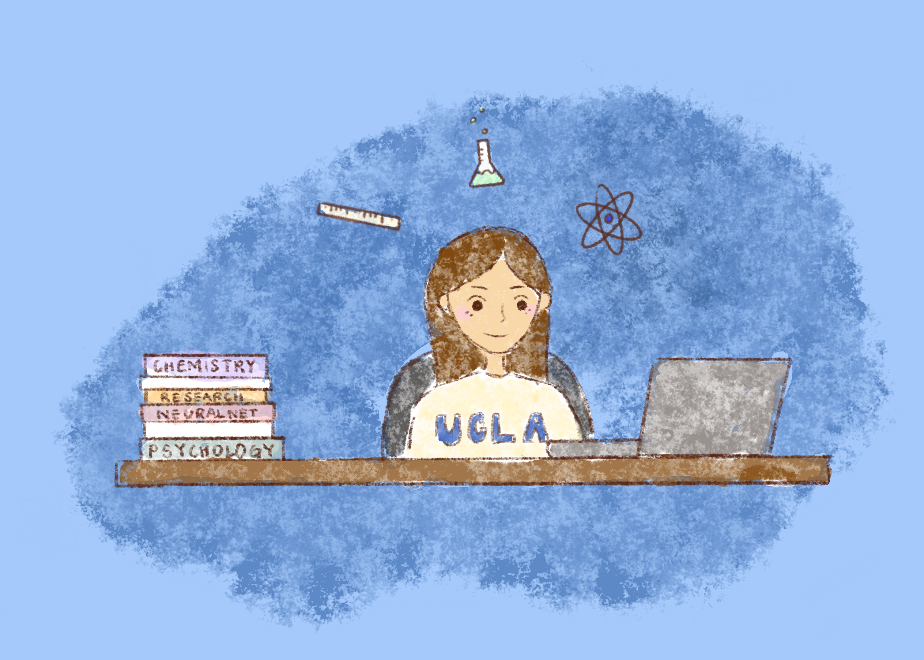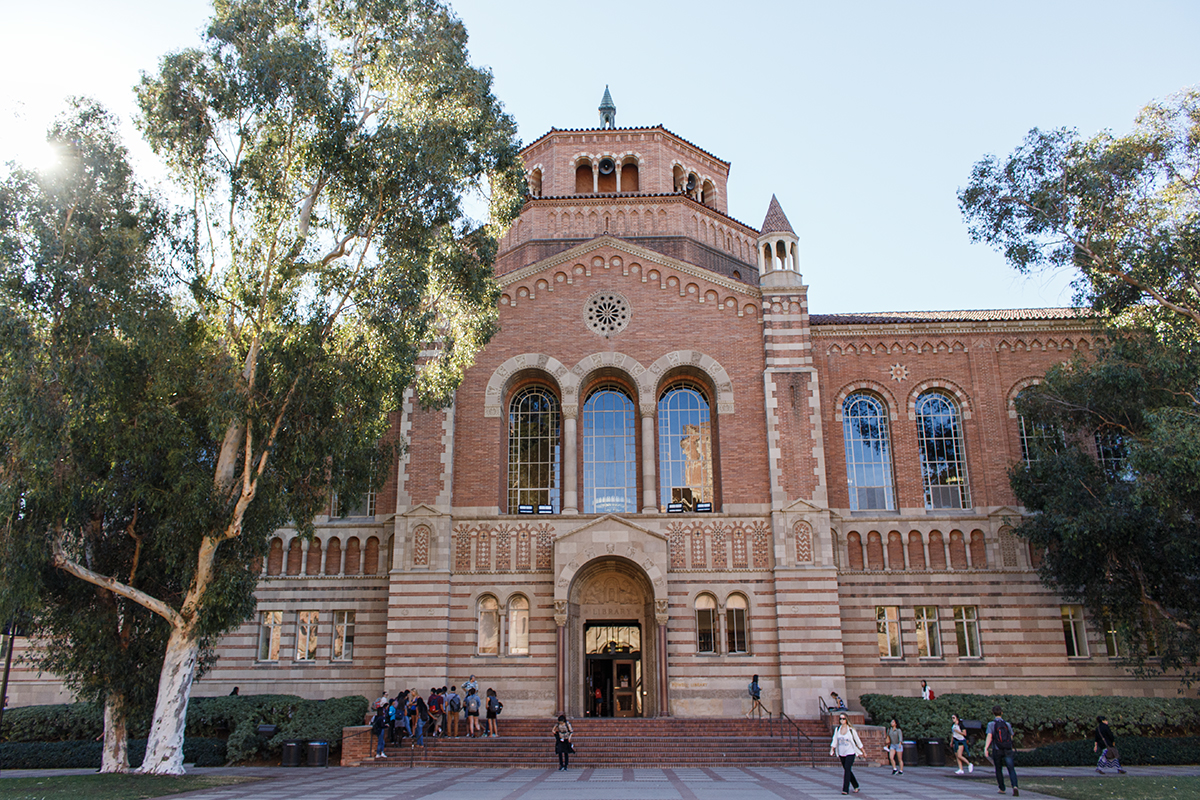Undergraduate Research Centers host open house, showcase research opportunities

Dodd Hall is pictured. The Undergraduate Research Centers for the Sciences and the Humanities, Arts and Social Sciences hosted an open house in the hall Wednesday to discuss methods and strategies for getting involved in research at UCLA. (Daily Bruin file photo)

By Anna Dai-Liu
Oct. 1, 2023 5:22 p.m.
This post was updated Oct. 1 at 11:13 p.m.
The UCLA Undergraduate Research Centers for the Sciences and the Humanities, Arts, and Social Sciences hosted an open house Wednesday morning for students to learn how to get involved in research and to share their own experiences.
Several hundred students attended the open house sessions at Dodd Hall, which was divided into three one-hour sections. Each session began with a short presentation on methods and resources for getting involved in research, followed by a discussion and Q&A with a panel of undergraduate students currently involved in research.
Sophie Rickless – a graduate research mentor at the Undergraduate Research Center for the Humanities, Arts and Social Sciences who led the presentations – said that while research is not for everyone, she believes it is important for all undergraduates to have research opportunities, particularly those who need it for graduate school or career opportunities.
“This is really what we call the hidden curriculum, and it’s not information that’s readily available to see,” said Rickless, an English doctoral student.“It’s so important that we hold these kinds of events so that every single student has an equal opportunity to know that this stuff is even going on.”
She added that many jobs today are found through networking, allowing research to be an opportunity to meet more people who can help with future opportunities.
Panelists at the event described their experiences navigating the research field. Faith St. Amant, a fourth-year molecular, cell and developmental biology student, said she was initially overwhelmed by the number of faculty, but enrolling in the biomedical research minor helped her find a direction with her research.
She said she sees her research, which she conducted through the minor, as a defining part of her time at UCLA.
“I started in my lab thinking that I really didn’t want to go to med school, and I wanted to explore other options. And then I started doing research and I was like, ‘This is totally what I want to do,’” she said. “I don’t know if this is the topic that I want to study, (but) I have my gap years to figure that out.”
Alex Wu, a fourth-year design media arts and neuroscience student, said he thinks his experience in research will be useful for him in graduate school. He added that while he started research with only a vague understanding of his interests, talking to professors and peers showed him the diverse research paths he could pursue.
“I had this notion that I wanted to do research because I had heard of friends doing it in high school,” he said. “What’s really valuable, I think, now that I’ve gone through it, is that my idea of what research can be has blossomed into a lot more.”
Some new students were in attendance at the event. Katelynn Situ, a first-year psychobiology student, and Mai-Khoi Vu, a first-year physiological science student, said they came to the event because they are interested in getting involved in research, particularly because hands-on experience can be valuable for their fields of study.
“People always talk about college students doing research, and that really interested me, so now that I’m here, I’m excited to get this started,” Situ said.
Vu added that though she does not have prior research experience, the event was helpful in showing her that interest can be just as important as credentials or past experience.
For those who do want to get involved in research, finding a faculty mentor can happen in a variety of ways, including through talking to teaching assistants, emailing professors or applying through the Undergraduate Research Portal, Rickless said in her presentation. She said she hopes people recognize experience is not necessary to apply.
“People think, ‘Oh, I don’t have any research experience, why would they take me?’” she said. “We’re taking you exactly because you’re an undergraduate who doesn’t have research experience. We’re passionate about training you from the ground up.”
She added in the presentation that beyond earning course credits, she advises students to apply to scholarship programs to fund their research and have opportunities to present their work.
In the end, any action – even just sending an email – is a step forward toward starting research, St. Amant said.
“A lot of these steps are leaps of faith because you’re not going to know if someone’s going to respond to that email,” Wu said. “I’m a kind of person that sometimes worries if I’m ready or not – you don’t have to be ready.”





